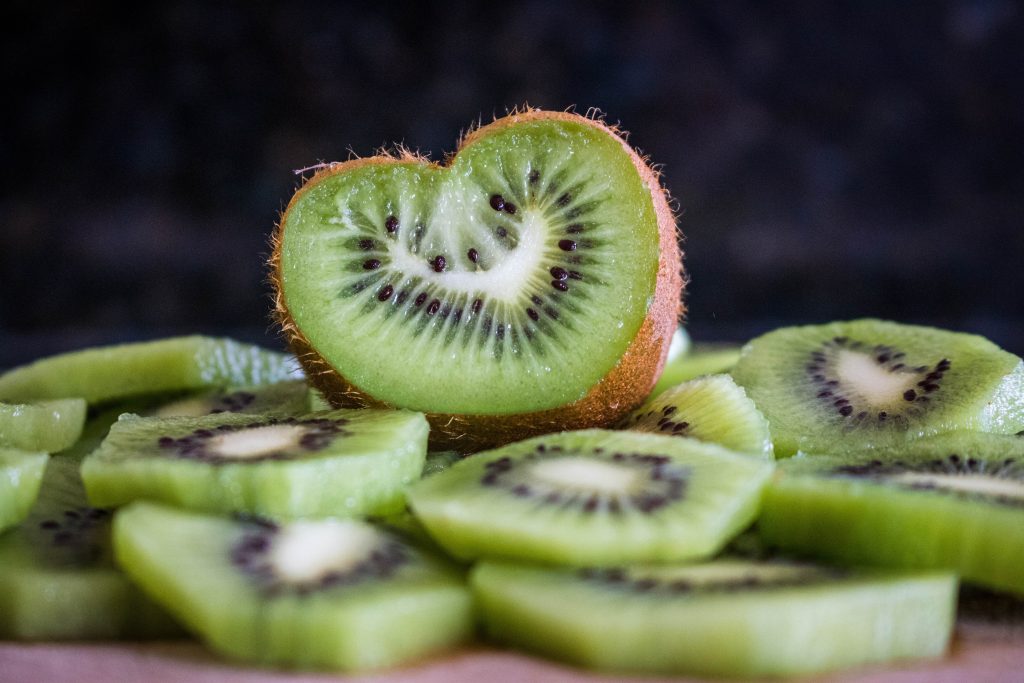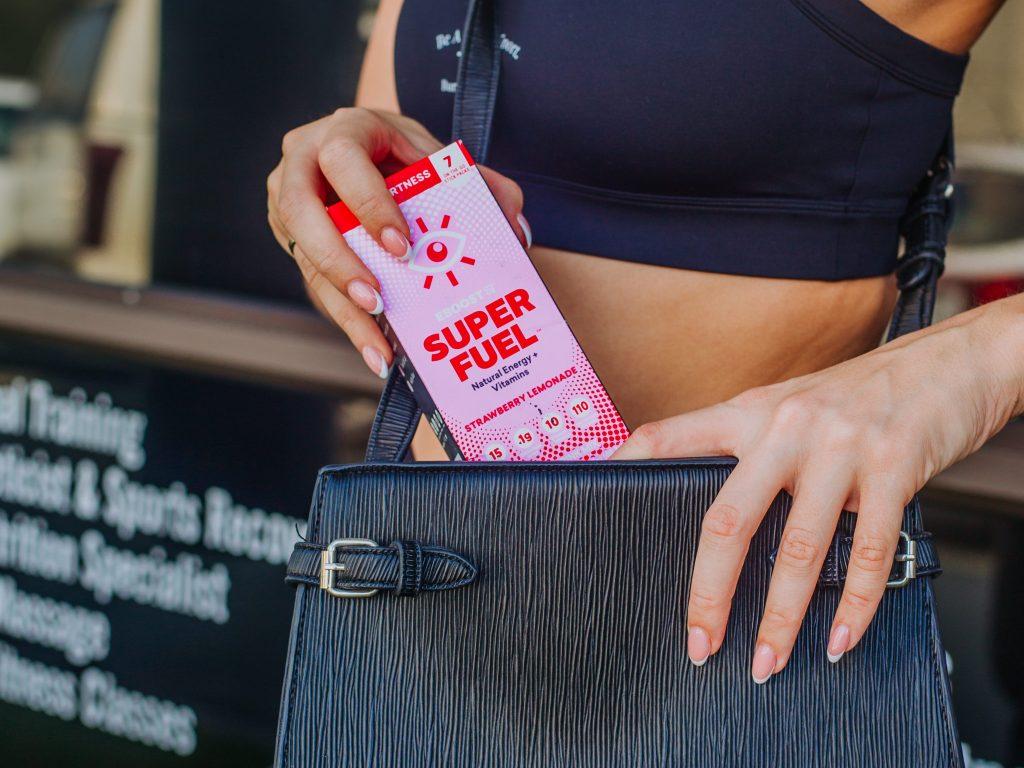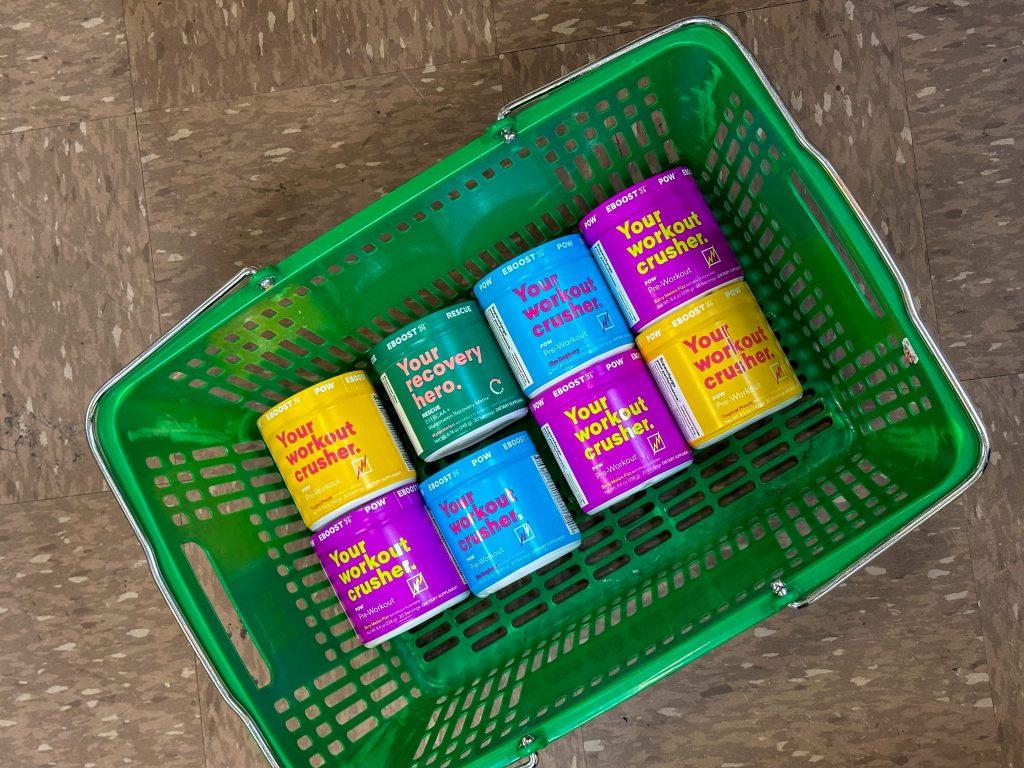Most people experience the energy effects that food can have on our bodies. Whether it is an energy spike after drinking caffeine or the readiness of wanting to take a nap after Thanksgiving dinner. As many as 35% of Americans experience insomnia, enough to make this a topic worth diving into. However, someone’s diet and sleep are both very complex, meaning there’s no single food guaranteed to help with sleep. Add a busy week on top of it and your sleep could be suffering big time. There are some foods that definitely can help, though. Try to eat this for better sleep.

Fatty Fish
Research shows that it is believed that fatty fish may help sleep by providing a healthy dose of vitamin D and omega-3 fatty acids. These are critical in the body’s ability to regulate serotonin. The study found that people who ate salmon three times per week had better overall sleep as well as improved daytime functioning. A win-win.
Nuts
Nuts like almonds, walnuts, pistachios, and cashews are considered to be good food for sleep because these nuts contain melatonin, magnesium, and zinc. It was found that a combination of melatonin, magnesium, and zinc helped older adults with insomnia to get better sleep.
Tart Cherries (Juice)
First, it provides modest amounts of a few important nutrients, such as magnesium, phosphorus, and potassium. Several studies have found sleep benefits for people who drink tart cherry juice. In one study, people who drank two one-cup servings of tart cherry juice per day were found to have more total sleep time and higher sleep efficiency.
Turkey
Turkey contains the amino acid tryptophan, which increases the production of melatonin and is what some people become tired after eating it. The protein in turkey may also contribute to its ability to promote tiredness. There’s evidence that consuming moderate amounts of protein before bed is associated with better sleep quality, including less waking up throughout the night.
Kiwi
In a 4-week study, 24 adults consumed two kiwis one hour before going to bed each night. At the end of the study, participants fell asleep 42% more quickly than when they didn’t eat anything before bedtime. The sleep-promoting effects of kiwis are attributed to their serotonin, vitamin C and carotenoids.
Getting enough sleep is very important for your health. The above foods are definitely worth a try to see if they can improve your sleep due to how they can help your sleep-regulating hormones and brain chemicals, such as melatonin and serotonin to improve sleep.





